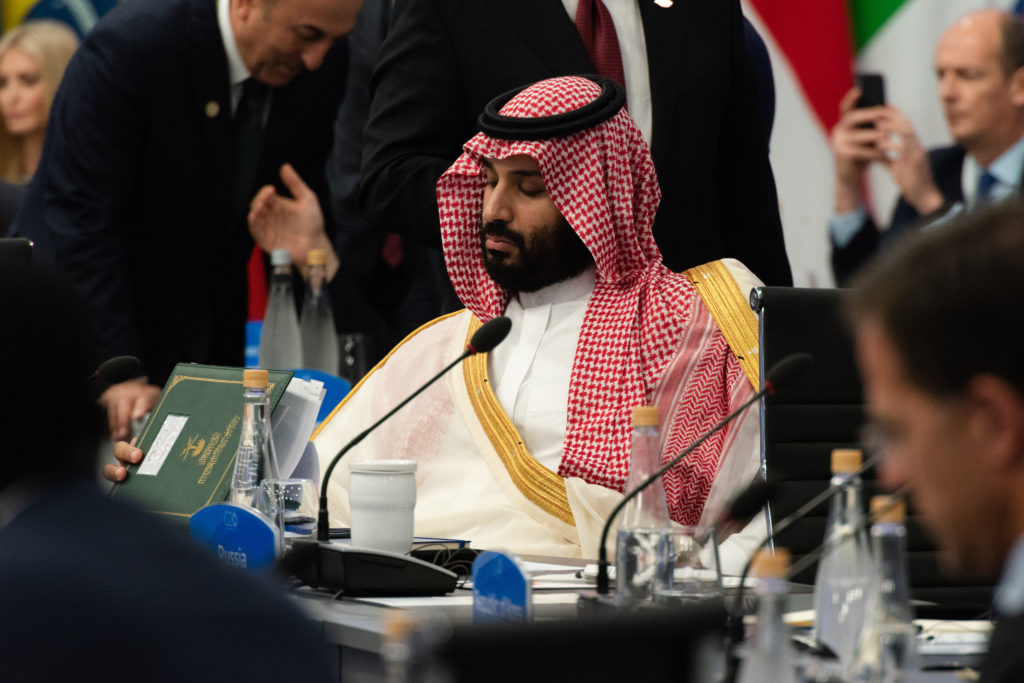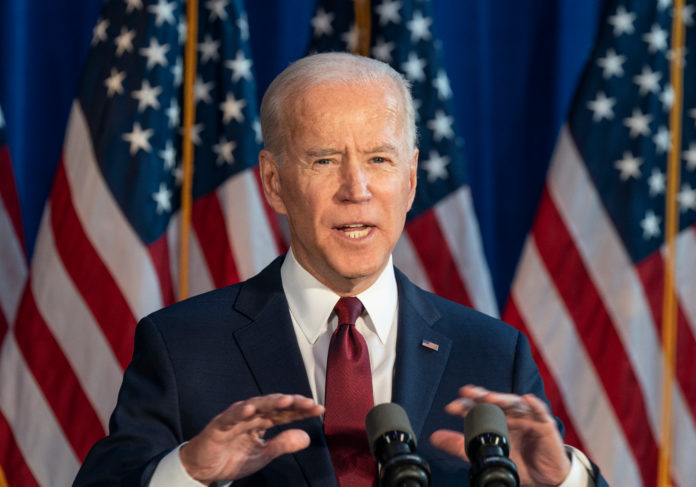Veteran Arab journalist Abdel Bari Atwan says that apart from proving his Zionist credentials, the U.S. president achieved nothing on his recent visit to Israel, Palestine and Saudi Arabia.
When former U.S. President Donald Trump returned home from his brief 36-hour visit to Riyadh in 2017, he had more than $460 million in his pocket.
On the other hand, his successor Joe Biden got back from Jeddah to the White House this week empty-handed, apart from some agreements and provisional promises that serve Israel rather than his own country. These include allowing Israeli overflights in Saudi airspace in exchange for official recognition of the transfer of the Tiran and Sanafir islands to Saudi Arabia; and perhaps lifting the alleged U.S. veto on Crown Prince Muhammad Bin Salman inheriting the Saudi throne from his father.
During his visit to the Middle East, Biden gave practical expression to his declaration that “you don’t have to be Jewish to be a Zionist.” While in occupied Palestine, he unveiled a so-called “Jerusalem Declaration” vowing unconditional and perpetual U.S. support for Israel and its security and pledging never allow Iran to acquire nuclear weapons.
He thereby proved himself to be more Zionist than the Zionists themselves.
Saudi snub
But in Saudi Arabia, Bin Salman deliberately insulted Biden for having threatened to treat him as a “pariah” over the Jamal Khashoggi murder. The Crown Prince sent the governor of Mecca to meet the U.S. president at Jeddah airport but turned up in person to the greet the eight other leaders taking part in the summit and embraced them demonstratively. This was a clear message and snub to his American guest. He treated Turkish President Recep Tayyip Erdogan similarly when he visited Saudi Arabia and went home without a single riyal or investment, trade, or arms deal.
Subscribe to our newsletter and stay updated on the latest news and updates from around the Muslim world!
Biden proved he was a liar extraordinaire by dropping all his threats and tough talk over Saudi Arabia and doing the opposite of what he said. He had declared he would not meet MBS separately or shake his hand, and would only see him alongside the other Gulf and Arab leaders taking part in the summit. The live footage we saw on our TV screens contradicted that.

It’s true that Biden raised Khashoggi’s case, denounced his murder, and reiterated his commitment to human rights. But that was talk for the media and the press corps that accompanied him.
Biden went to Saudi Arabia reluctantly to achieve a few objectives: an increase in Saudi and Gulf oil production to bring down prices; the establishment of a Gulf-Israeli NATO to confront Iran; and further normalisation steps to integrate Israel into the region.
He does not appear to have achieved any of these goals. Egypt, Jordan, and the UAE all signalled they would not be part of any anti-Iran axis and want to improve ties with Tehran. And MBS made clear in his opening speech to the summit that it is not possible to increase oil production significantly in the foreseeable future.
And it is not clear how seriously we should take Biden’s claim that Saudi Arabia subscribes to the “Jerusalem Declaration” regarding Iran — i.e., its commitment to use any means necessary to prevent Tehran from making nuclear weapons.
This is highly doubtful. There has been no official confirmation. Moreover, the summit communique spoke in general terms about the need for the region to become a nuclear free zone, without specifically mentioning Iran (nor indeed Israel’s vast nuclear arsenal). Why should Arab states fight the U.S.’ and Israel’s wars against Iran on their behalf, or allow themselves to become their free-fire zones?
If Saudi Arabia were indeed to join such an alliance, it would be virtually the only Arab or Gulf country prepared to do so.
Losing confidence in U.S.
Another point worth noting in Biden’s speech is his pledge to prevent Russia, China, Iraq, from filling the vacuum and dominating the Middle East — as though the region is a vassal of the U.S. and its Israeli allies.
How will he achieve this goal when most of the region’s leaders have lost any confidence in the U.S. following its defeats in Afghanistan and Iraq and now in Ukraine – where the sanctions weapon Biden relied on failed? He won’t send a single U.S. soldier to Ukraine, and even the weapons he sent to its army are being stolen and sold on the black market.
Iran greeted Biden with two slaps in the face: a demonstration of its drone power over the Gulf, and an impending summit with President Vladimir Putin who is shortly to visit Tehran for talks that may be joined by Erdogan. That would amount to a third slap. It could be the harbinger of a counter-alliance to any U.S.-sponsored Israeli-led “Arab NATO.”
The political and economic equations in the Middle east are changing in favour of the Sino-Russian-Iranian axis. The U.S. is not what it was in the past, nor what it will be in future after its looming failure in Ukraine. Those who are banking on it are making losing bets.
This article first appeared in Raialyoum.





















